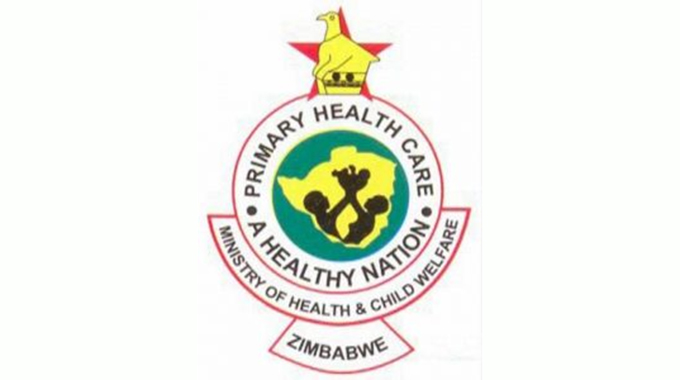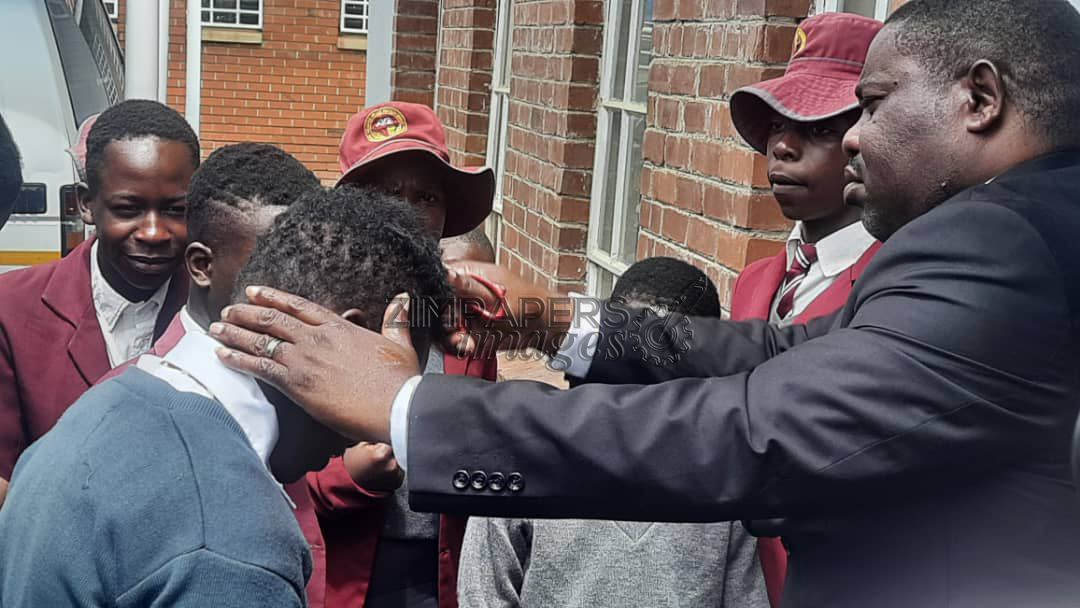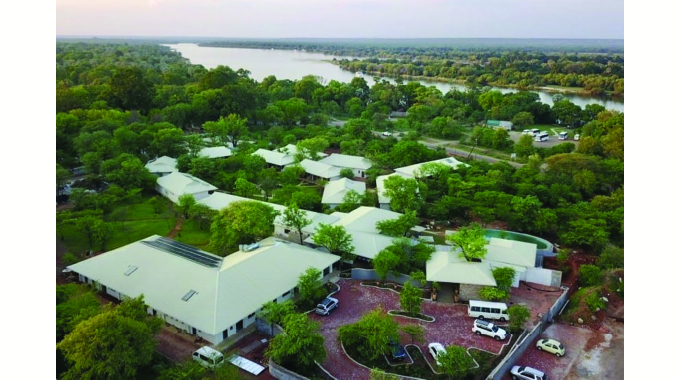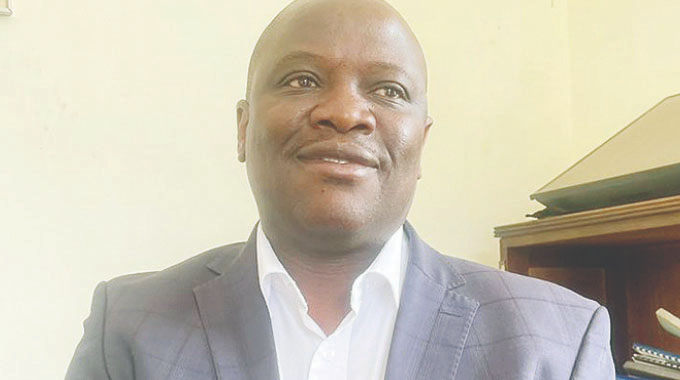Prolonged health workers’ strikes now illegal

Farirai Machivenyika Senior Reporter
GOVERNMENT health workers can no longer embark on industrial action lasting more than three days, and even during any such job action, must continue to provide emergency services after President Mnangagwa signed into law the Health Services Amendment Bill.
Under the new law assented to by the President last week, health workers now have their own independent commission, the Health Services Commission, to set their conditions of service as the old Health Services Board was upgraded to a full commission.
Health workers are now independent of the Public Services Commission and that autonomy, shared by the judiciary, defence forces and police, means their conditions of service can be more easily tailored to fit their work.
Since most of the commission members will come from a health background, it can better understand their grievances and work out ways of dealing with them.
The new commission has the normal powers of a top-level commission in Government. It appoints qualified and competent persons to hold posts and grades in the health service; it creates those grades in the health service and fixes conditions of service for its members; it exercises ultimate control over members of the services, and is the disciplinary authority; and critically it has the function to investigate grievances and to remedy the grievances of members of the health service concerning official acts or omissions.
The new Act says the commission shall consist of the chairperson, who must be the chairperson of the Public Service Commission, a deputy chairperson appointed by the President upon the recommendation of the Minister of Health and Child Care and a minimum of two and a maximum of five other members appointed by the President upon recommendation from the Health Minister. This allows a majority of the commission to come from people who have a detailed understanding of the needs of the health service.
The restrictions on the health workers right to strike are contained in Section 16A of the new Act which says health services shall be deemed an essential service as defined in the Constitution.
“Notwithstanding anything in the Labour Act, the Health Service shall be deemed as an essential service referred to in section 65(3) of the Constitution. No collective job action, whether lawful or unlawful, shall continue for an uninterrupted period of 72 hours or for more than 72 hours in any given 14-day period and notice of any collective job action must be given in writing 48 hours prior to the commencement of such collective job action.”
The amendment comes down hard on the leadership of the health workers unions or associations who breach this. Anyone inciting or organising collective job action in defiance of the new conditions can be tried for a criminal offence and if found guilty fined up to level four or jailed for six months.
The new law also says a member of the Health Service is under an obligation, whilst employed by the Health Services Commission, to provide the professional skill, expertise, care and service expected of them as a member of the profession to which they belong. Even during any collective job action, they must to provide the skill, expertise, care and service to patients in a medical emergency or needing critical or intensive care.
If the Health Service Commission alleges that an individual member is in breach of the new provisions, it shall communicate a written complaint against that member to the appropriate disciplinary authority in accordance with the law. The function of the law is to remove long-term strikes from the health service, but at the same time upgrade the mechanisms to identify and resolve grievances so that the pressure for industrial action is drastically diminished.







Comments